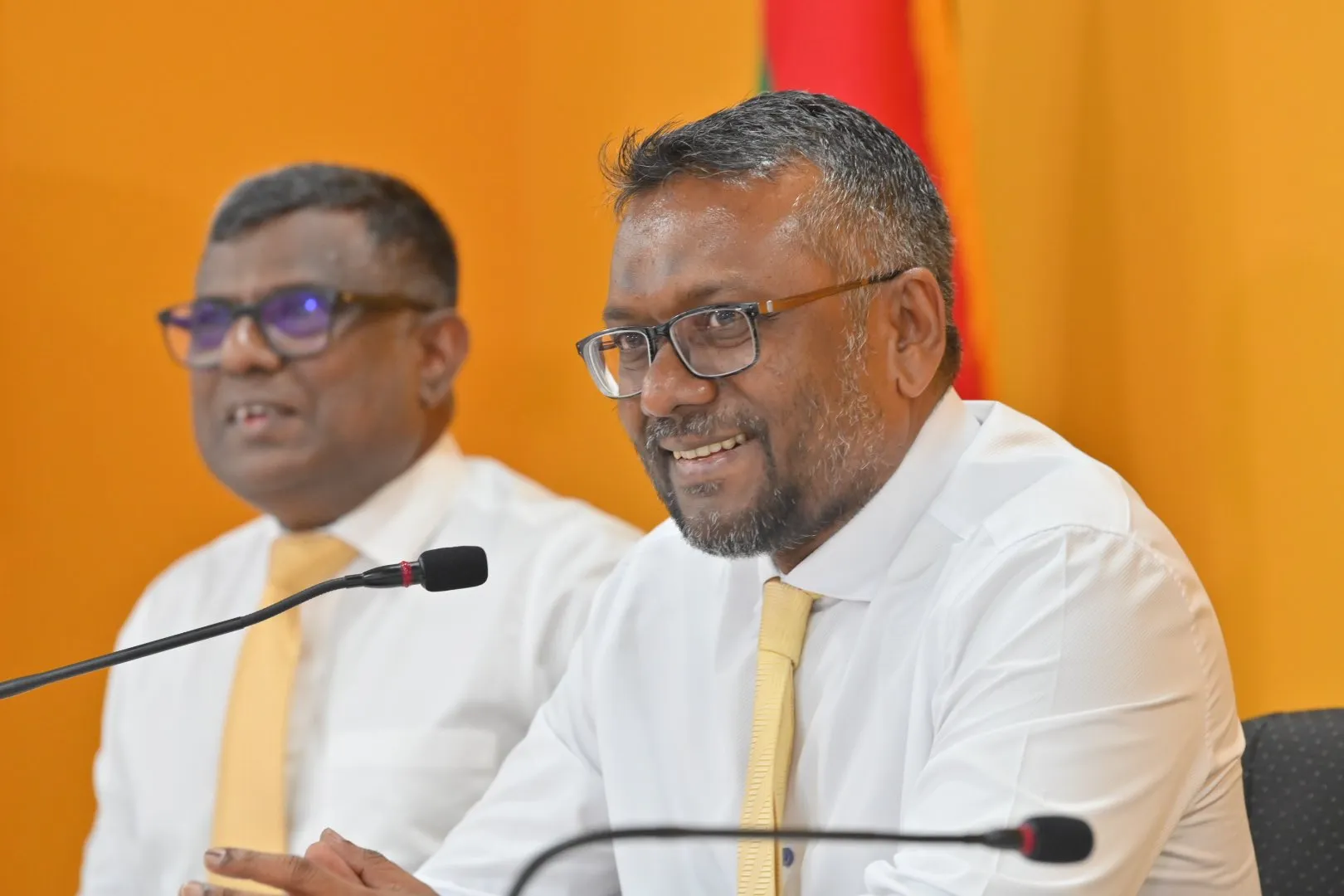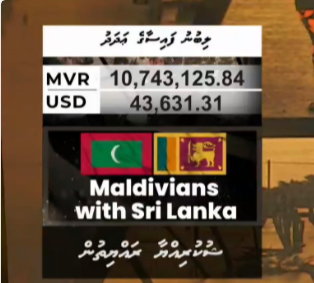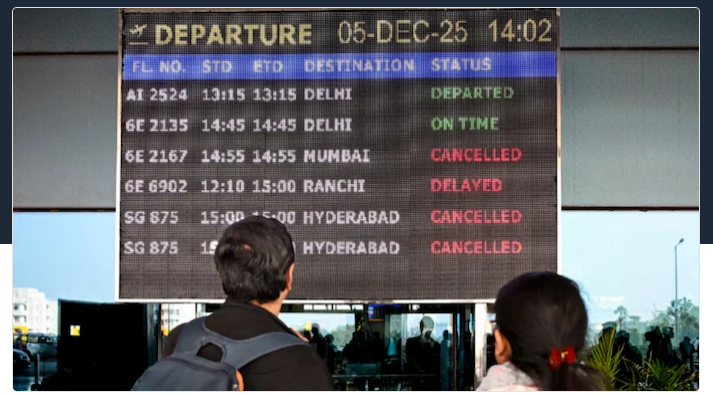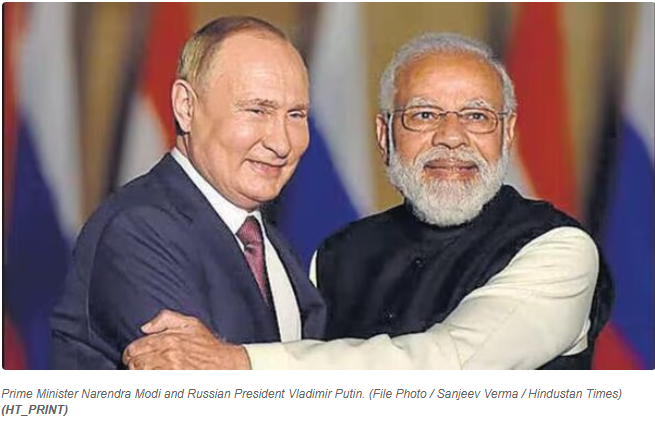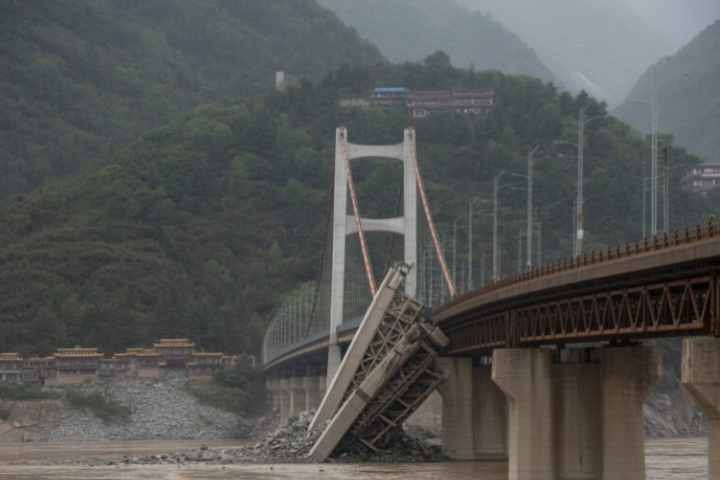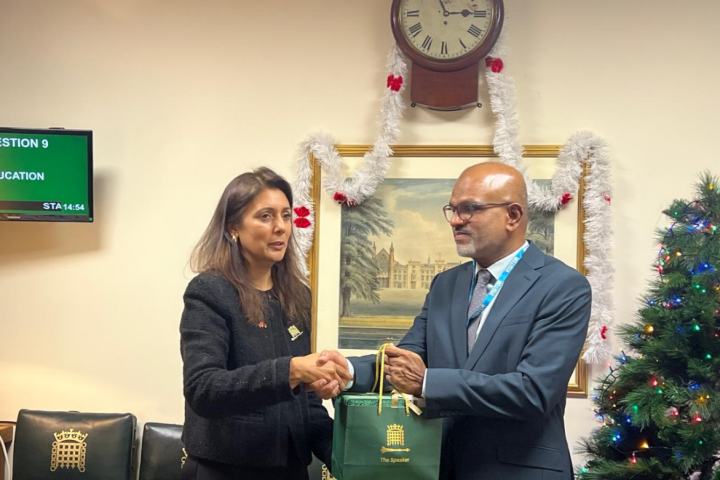In the corridors of the president’s office, the atmosphere is jubilant. President Muizzu’s government has reached the nine-month mark—a period often associated with the birth of something new and transformative. Yet, for this administration, the anticipated arrival seems delayed. The administration and its supporters are basking in the calm that has characterized this period, attributing the smooth sailing to the conspicuous absence of turbulence from the opposition, the Maldivian Democratic Party (MDP).
For months, the MDP has maintained an unusual silence, allowing President Muizzu and his cabinet to govern with little interruption. Even Fayyaz Ismail, the MDP Chairperson, acknowledged this rare tranquility. “We didn’t create any raucous and let the government have a smooth sail,” Fayyaz remarked, hinting at a deliberate strategy of restraint. Yet, the government continues to deflect responsibility for its economic challenges, often pointing fingers at the opposition—a tactic that Fayyaz finds increasingly ironic. “If they keep chanting the mantra of the past government and blaming us, is this how they plan to complete their five-year term?” he questioned, his tone tinged with skepticism.
The MDP’s decision to step back hasn’t gone unnoticed. While the government lauds its own achievements, Fayyaz’s comments reflect growing frustration within MDP ranks. “We haven’t taken to the streets; we’ve given them the space to go about their daily business,” he noted. Despite this hands-off approach, the government’s struggles raise questions about its capacity to govern effectively.
Last night, the MDP held its Qaumee Majlis, a bi-weekly meeting that has become a platform for internal reflection. When EtruthMV asked Fayyaz about the party’s apparent silence on pressing economic issues, he pushed back. “We’ve been raising the alarm on the economy throughout,” he insisted. But with the PNC promising to manage the economy with bold claims of loans and funds, Fayyaz argued that the MDP’s hands, sitting in opposition, are tied. “There’s nothing we can do to steer the economy right now; we are not the governing party,” he admitted, acknowledging the party’s current position in the opposition.
Instead, the Qaumee Majlis focused on a matter closer to home: the government’s proposed changes to decentralization. For Fayyaz and his colleagues, this is not just a policy debate—it’s a fundamental issue that touches on the very fabric of Maldivian democracy. “It’s important to talk about this,” Fayyaz emphasized, pointing out the potential ramifications these changes could have on democratic governance.
As the government continues to celebrate its perceived successes, the MDP’s patience may be wearing thin. Last night’s meeting, though centered on decentralization amendments and local grievances, suggests that the opposition is beginning to find its voice again. Whether that voice will grow louder and more disruptive in the coming months remains to be seen.
For now, MDP’s calmness will let President Muizzu enjoy some comfy time. But with clouds gathering on the economic horizon, will the opposition sit calmly, sipping coffee with their boastful bouts?
